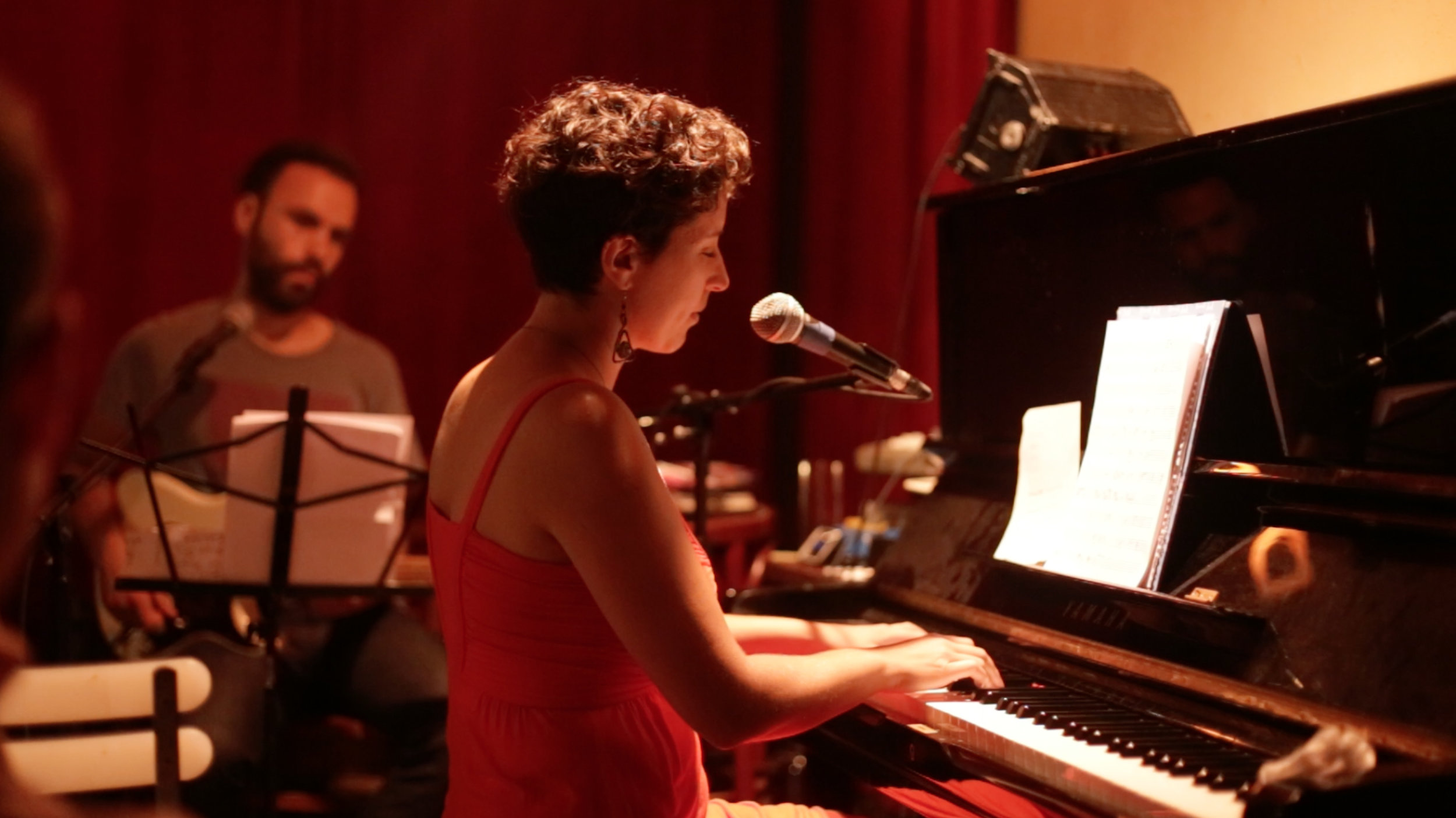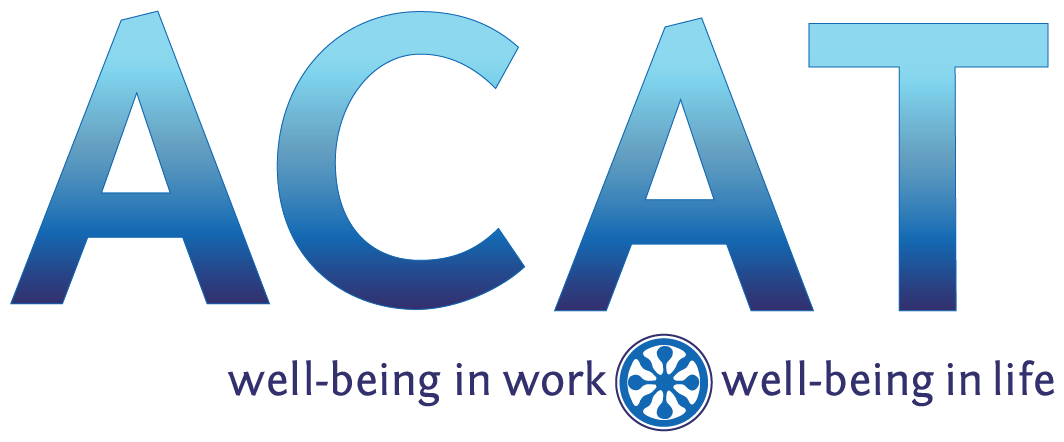 By Mariel Berger
[Many thanks to my Alexander Technique teacher, Witold Fitz-Simon, and my Alexander Technique Psychologist, Jane Dorlester]
By Mariel Berger
[Many thanks to my Alexander Technique teacher, Witold Fitz-Simon, and my Alexander Technique Psychologist, Jane Dorlester]
I used to believe that intense focus and concentration were the best way of being. I would spend hours practicing music, hours focusing on just one little thing. The more the world disappeared around me, the better I was supposed to be. In undergrad music school, I would walk up and down the hallways and see people in their practice spaces, for hours upon hours, directing all of their energy and attention onto one single thing. I learned that individual mastery of one instrument was the way to be. I practiced all of the time.
When I tried to look at the larger world around me, I got easily overwhelmed, scared, sad, anxious, lost, hopeless. So to cope, I would simply zoom in and ignore all the background noise, erase any thought that didn’t pertain to this one single thing. This scale. This piece.
I have realized that my coping mechanism was also what led me into deep bouts of depression, narcissism, self-absorption, and intense crying from feeling a disconnection from the world around me. Then, to alleviate my sadness, I would dive back into music in order to escape, continuing the cycle.
Depression is losing sight of the whole — falling into one mental space that feels as though it always was and always will be.
Depression is only seeing one thing — being trapped in one experience, one repeating and repeating thought.
I spent so many years narrowing my focus that my mind got into the pattern of hard fixation.
When composing music I spent hours deep in my imagination, but then I wouldn’t be able to come out from the intense focus. I mistook this focus for depth, but depth is not narrow. It expands and has breadth. I was digging a tunnel that ended how it began:
[dark]. [blind].
[alone].
For the past two years, I have been practicing Alexander Technique. Through this technique, I have learned about a soft gaze and a light awareness. It has been two years of unlearning the habits of zooming in. It has been two years of expanding out, seeing more.
Yes, I am home inside my body and aware of my sensations, I hear my thoughts, but I am also aware of my surroundings. Just as I feel my feet, I feel my feet touching the ground.
When writing a piece of music, I used to think about it so hard that my brain would hurt from all the grasping, and I would get a headache. Now, I hope to approach art-making as less thinking hard and more softening around an idea. I clear space and watch the tendency of the mind and body to grip; but instead of gripping, I let go. I soften my gaze so I see more than what’s in front of me. I let the subtle colors of the periphery be a part of my expanded experience.
The practice of releasing clenched muscles and obsessive thoughts is starting to help expand my interpersonal relationships. I am learning that there is an easier way of relating to the outside world. Because of various traumas in my childhood I have an intense fear of being abandoned. So I grew up relating to people with an anxious attachment style--clinging to them so they wouldn’t leave me. I also grew up tightening my body in fear of someone potentially hurting me. Through Alexander Technique I have learned that I don’t need to walk around in the world with my body frozen in defense. My torso can widen and deepen, my legs can move away from my pelvis, my knees can move away from my back---I can expand and expand.
I thought I was protecting myself hiding in my tightened and scared body, but I ended up causing myself pain. I developed chronic shoulder and neck pain, headaches, and pelvic pain. I am learning that practicing an open and expansive way of being does not mean that I’ll be more easily hurt by others. Quite the opposite! When my neck is free, head is moving forward and up, torso is widening and deepening, knees are moving forward and away---I am grounded, balanced, fluid--- poised. I am able to go in any direction anytime. So if someone tries to connect with me who isn’t ultimately healthy for me, I can walk away.
The essence of Alexander Technique is the simultaneity of all possibilities-- embracing the whole experience--not being stuck in one position, on one path, one direction, one idea.
I am learning to unfasten my grip on my friends and loved ones. I am also learning that I can’t control people or the world around me. However, maybe I can expand the Alexander Technique directions onto my friends and loved ones? I can look at my mom and wish for her neck to be free and for my sister’s head to move forward and up. Everything about Alexander Technique teaches me to widen, so I can in turn expand Alexander Technique into the world.
Since practicing Alexander Technique (and also with the aid of anti-depressants), I rarely experience bouts of severe depression. In addition, the pain and tension in my body become alleviated each day when I remember my directions: to widen my experience, and to be aware of the space around me-- the world around me. Each day I notice myself gripping and falling into old patterns, and instead,
I let go... I let go...
I let go...
[author] [author_image timthumb='on']http://www.acatnyc.org/main/wp-content/uploads/2015/07/helsinki-sun-headshot.jpg[/author_image] [author_info]MARIEL BERGER is a composer, pianist, singer, teacher, writer, and activist living in Brooklyn, NY. She currently writes for Tom Tom Magazine which features women drummers, and her personal essays have been featured on the Body Is Not An Apology website. Mariel curates a monthly concert series promoting women, queer, trans, and gender-non-conforming musicians and artists. She gets her biggest inspiration from her young music students who teach her how to be gentle, patient, joyful, and curious. You can hear her music and read her writing at: marielberger.com[/author_info] [/author]
